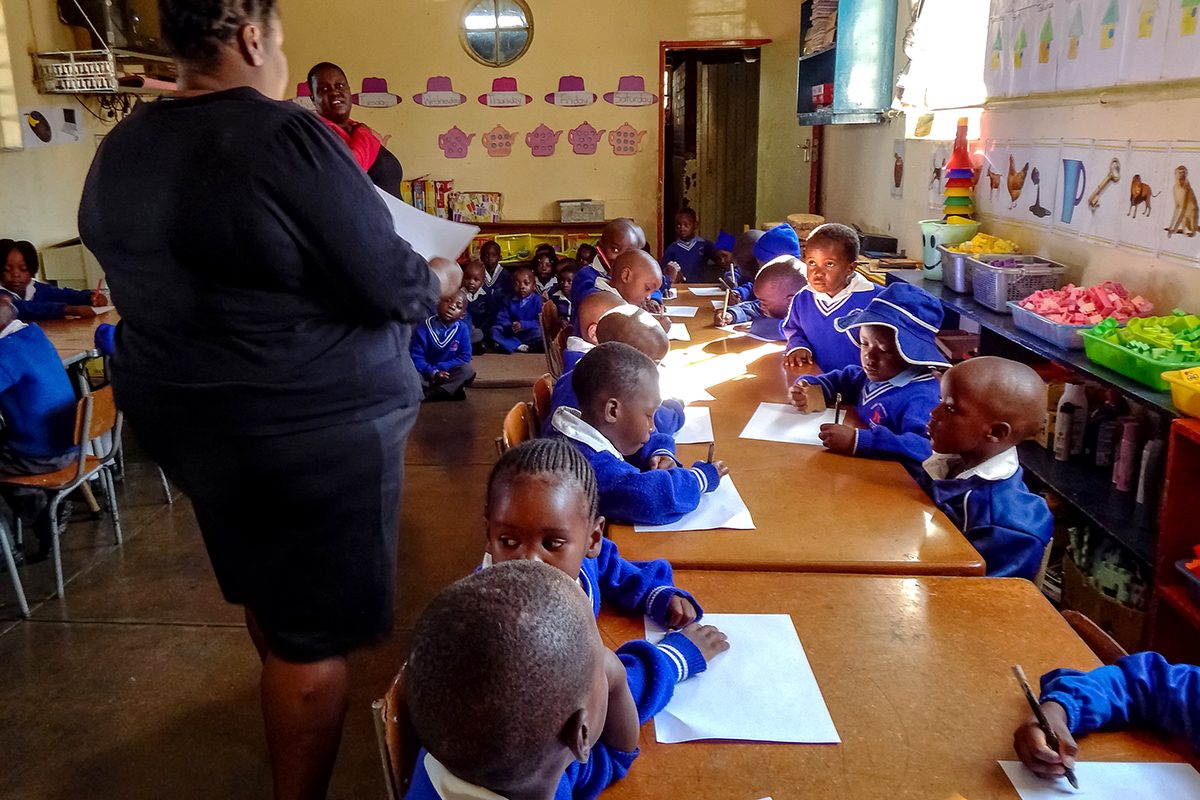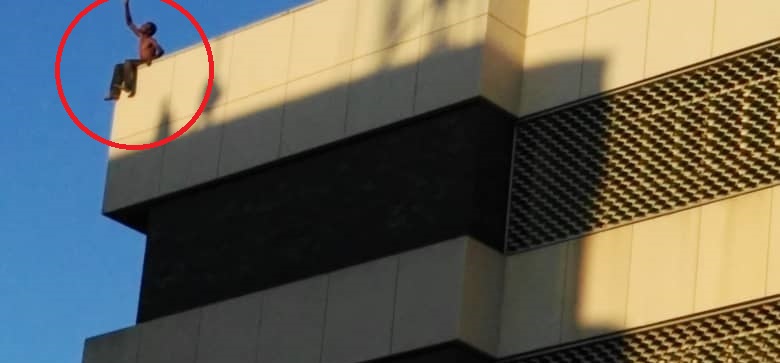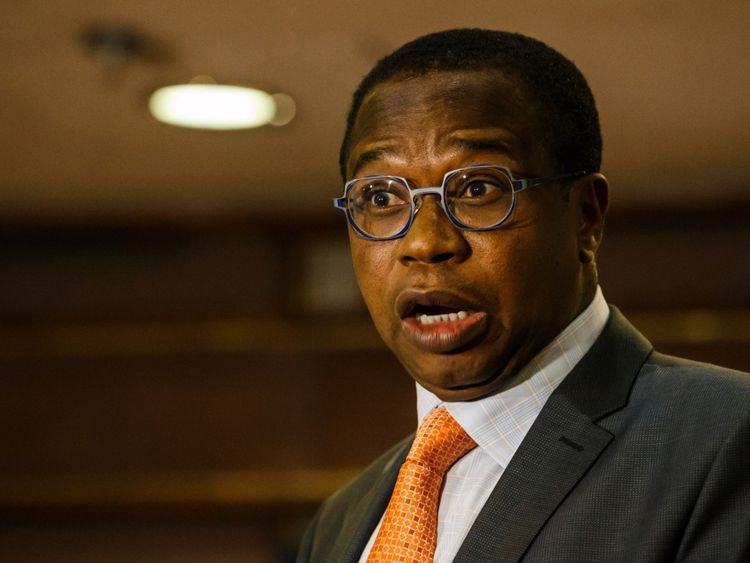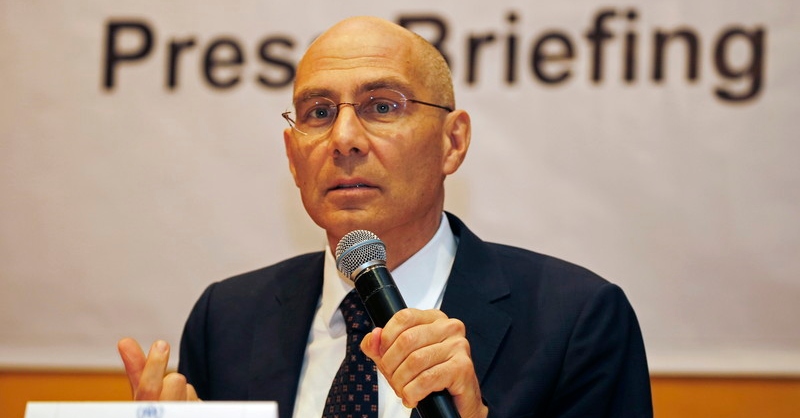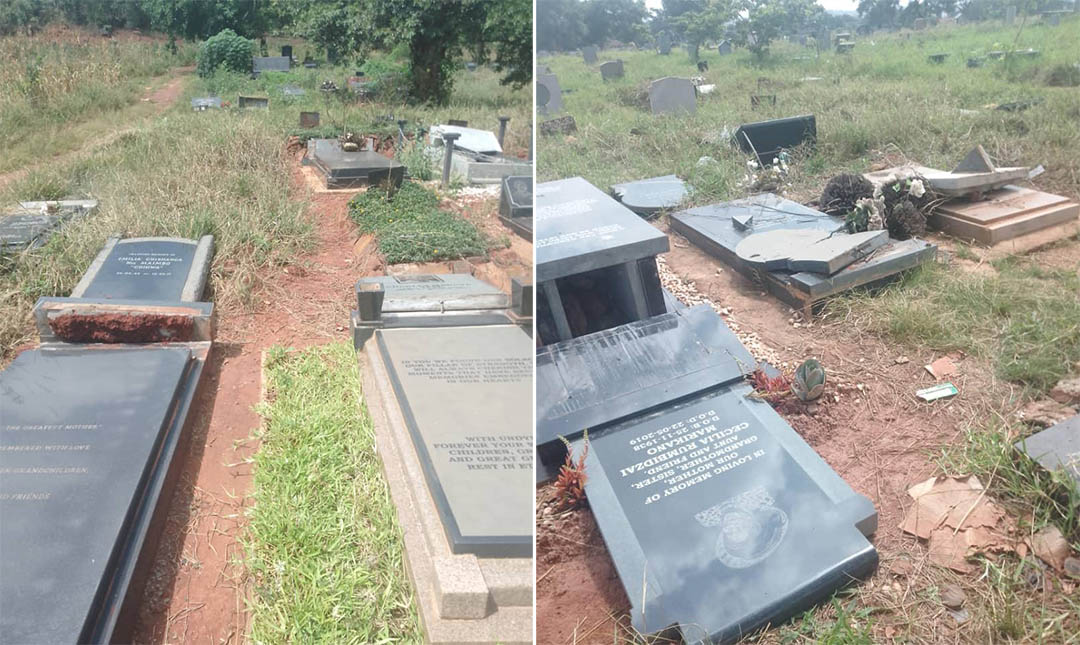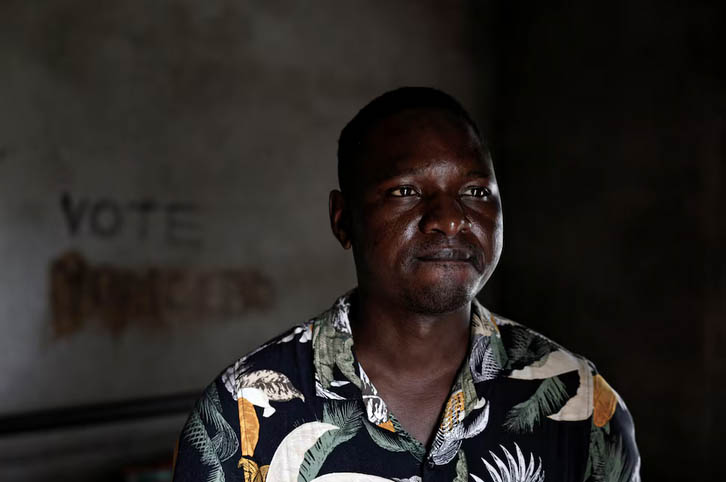HARARE – Zimbabwe’s biggest teachers union declared a pay strike on Monday, warning that its members would not report for duty when schools re-open on September 28.
Inflation is running above 700 percent and teachers say their salaries have not kept pace, with average salaries the equivalent of between US$30 and US$35.
“After a wide consultation of all our 42,000 members, the ZIMTA national executive hereby declares that educators will not be able to report for duty on September 28 2020, for the opening of schools as they are incapacitated,” the Zimbabwe Teachers Association said in a statement.
ZIMTA said it was angry over the salary disparities between teachers and other civil servants. With the economy redollarising, the union said prices of most goods and services were now pegged in the United States dollar.
The teachers are demanding a monthly salary of US$520 (Z$42,488) and other allowances including a Covid-19 risk fee.
ZIMTA said the government had not demonstrated that it has capacitated schools to deal with Covid-19 and claimed that it had not been consulted on the dates of the schools opening.
The government shut schools in March in a bid to prevent the spread of the coronavirus, which has infected 7,683 people and led to 225 deaths. Most schools are due to re-open next week, although only for students sitting their final exams.
Only pupils from the wealthy families — those sending their children to private schools or with access to the internet — would have received any online lessons over the past months.
Public sector workers in Zimbabwe have frequently gone on strike since 2018 as the local currency has tumbled, fuelling inflation and eroding incomes.
Before the outbreak of Covid-19, Zimbabwe’s economy was already battling runaway inflation while millions face hunger due to poor harvests.
Two weeks ago, nurses ended a three-month job boycott to give negotiations a chance.
Zimbabweans are growing impatient with President Emmerson Mnangagwa, who promised to revive the economy when he took over from Robert Mugabe after a coup in 2017. Mnangagwa says the economy is being sabotaged the opposition and some Western countries.
